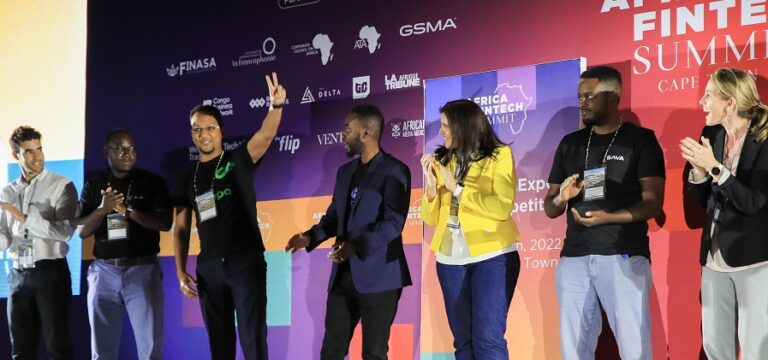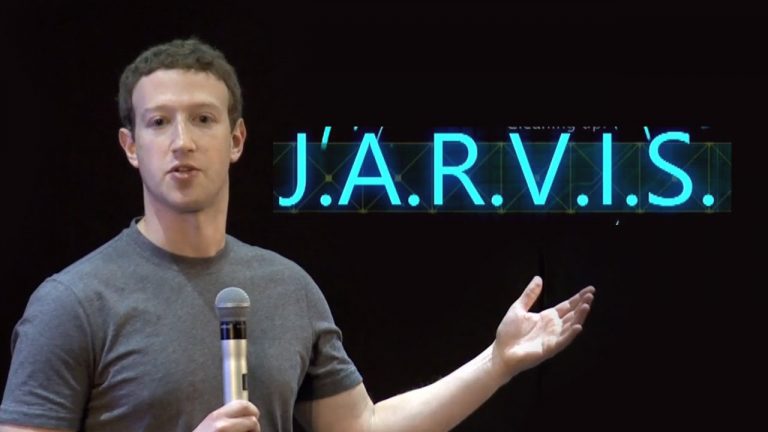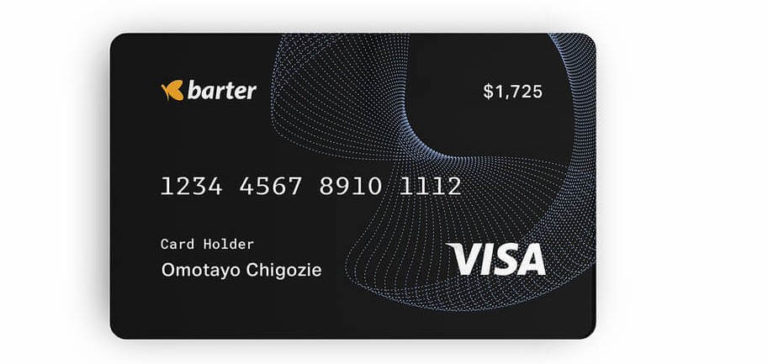Meet the 19-year-old Nigerian who is building his own blockchain empire.
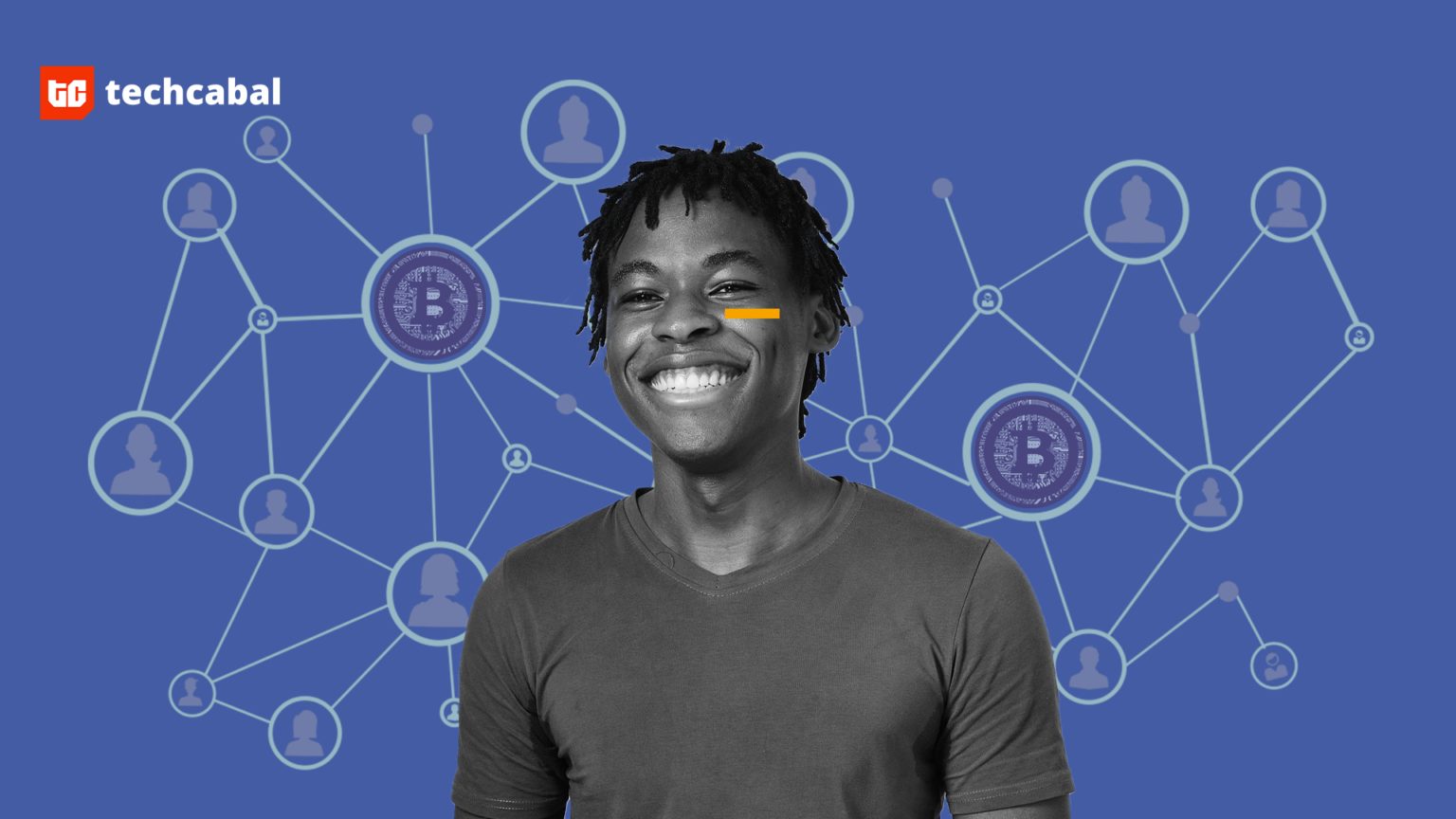
Njoku Emmanuel dropped out of school to focus on coding after his father confiscated his laptop for “coding too much” and failing to face his studies.
After three years, he has established himself as one of the best blockchain engineers of his generation, traveled the world, and now runs his own startup, Lazerpay, a cryptocurrency payment gateway.
Njoku’s greeting was casual, as was his outfit, which consisted of a black round-neck t-shirt and jeans. His raucous laugh set the tone for what would be a long but interesting conversation. It was a busy day in Lagos, and the murmuring voices around him indicated that he was participating in a video call from his office. The walls behind him were scribbled with “Lazerpay” and some motivational quotes.
“Sorry for the noise, bro,” Njoku apologized, running his fingers through his hair. “It’s been a hectic week. We’ll be out of beta sometime next week, so it’s all hands on deck!”
We turned off our cameras and focused on our conversation to avoid internet fluctuations.
Njoku co-founded Lazerpay, a crypto payment gateway startup, with Abdulfatai Suleiman and Prosper Ubi in October, and the response has been overwhelming. Several tech and blockchain enthusiasts endorsed the crypto startup during its beta phase as a necessary innovation to accelerate crypto adoption in Africa. What is even more remarkable about Lazerpay is Njoku, its 19-year-old CEO, who appeared out of nowhere to become one of Africa’s most sought-after young tech darlings.
Except he didn’t appear out of nowhere.
The Njoku we see today is the result of a seed planted about 7 years ago in Port Harcourt, Nigeria’s largest city in the South-South region.
Njoku and his brothers were introduced to computer programming by their aunt, a robotic engineer, in 2015, when they were 13 years old. Njoku has never looked back since deciding to write code.
The lofty ambition that followed was to create an operating system like Bill Gates or a social media platform like Mark Zukerberg. He aspired to be the African. Mark Zukerberg and told everyone who would listen, including his mother, who couldn’t stop teasing him about it. Njoku began to ask questions and read everything he could find on computer programming.
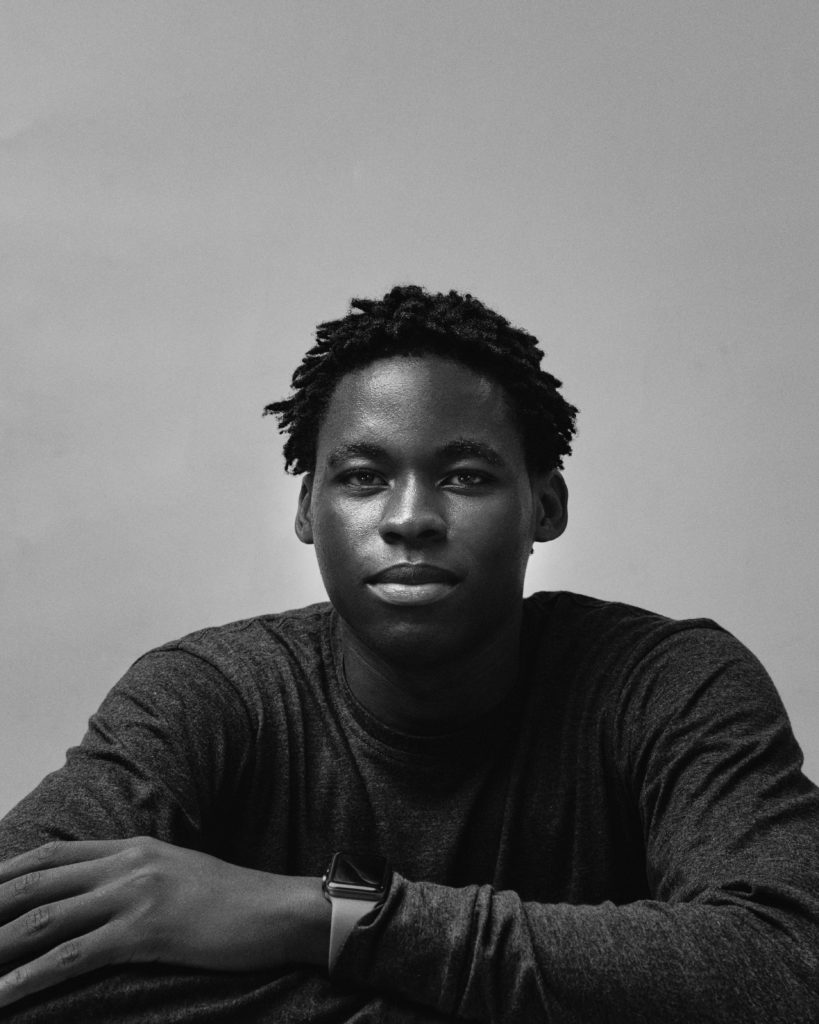
Njoku, the son of an engineer father and a schoolteacher mother, was a math prodigy. He competed in the mathematics olympiad for his school, winning several medals and losing a few. When his classmates had a single mathematics textbook that covered topics such as geometry, permutation and combination, and more, Njoku had a different textbook for each topic—each as large as the all-encompassing ones.
“My father forbade us from using calculators to help us with our math homework.” Every calculation had to be done with your head—otherwise, why would you have a head?” Njoku stated. With this, his problem-solving ability was already exceptional; it’s no surprise that he was quick to embrace programming.
Because gaming was one of his favorite activities at the time—having played video games with his siblings—he began to learn game development and began building games using C++. In 2017, he took his final secondary school exams and passed all of them, earning A+ grades in mathematics and further mathematics.
Surprisingly, his next challenge will be to complete his studies at university.
“University was a waste of my time.”
Njoku’s parents, like most Nigerian parents, wanted him to become a doctor—his older brother was already studying medicine. Njoku, on the other hand, had chosen his own path, one he wouldn’t give up for the world.
In 2018, he was accepted to study electrical engineering at Enugu State University of Science and Technology (ESUT). This was something his engineer father could live with.
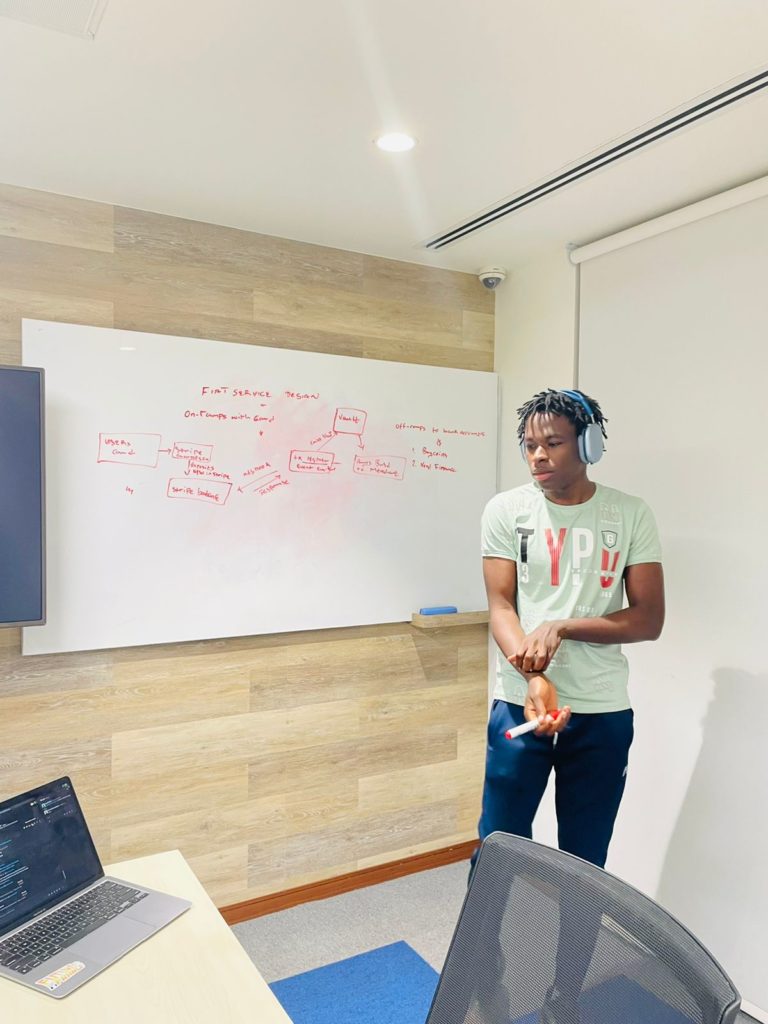
In the same year, he worked as an intern for Quiva Games, a gaming company based in Enugu. Everything was fine; his plate was full with a demanding engineering course and a job that would allow him to hone his coding skills. However, after a few classes in his first year, he realized that engineering wasn’t as difficult as he had anticipated.
“I expected everything to be advanced, but it turned out to be people crammed into a small hall to learn social sciences and general studies.” ‘What the hell is going on here?’ I thought. And the math they were teaching at the 100 level was comparable to my JSS 3/SS 1 math. As a result, it became a waste of my time.”
He knew he wouldn’t be able to do this for another 5 years, so he became obsessed with coding. “Whenever I went to school, I would charge my laptop and code.” I kept it a secret from my parents. When they gave me money to buy textbooks, I spent it on Udemy coding courses.”
His father discovered he had been missing classes and invited him home. “I had no idea it was a ruse to seize my laptop.” I returned to school and had to borrow a laptop to finish some projects and continue learning.”
COVID-19 was a blessing in disguise
When COVID-19 hit in 2020 and everyone was locked down, panicked, and scared, Njoku was relieved; he’d be able to spend his time away from school without getting in trouble. So he stepped up his game and began coding 12 hours a day. He didn’t want to go back to school, so his only option was to learn as quickly as possible and find a remote job.
He accepted a position as a mobile application developer at Kwivar, a buy-now-pay-later company based in Port Harcourt, in March 2020.
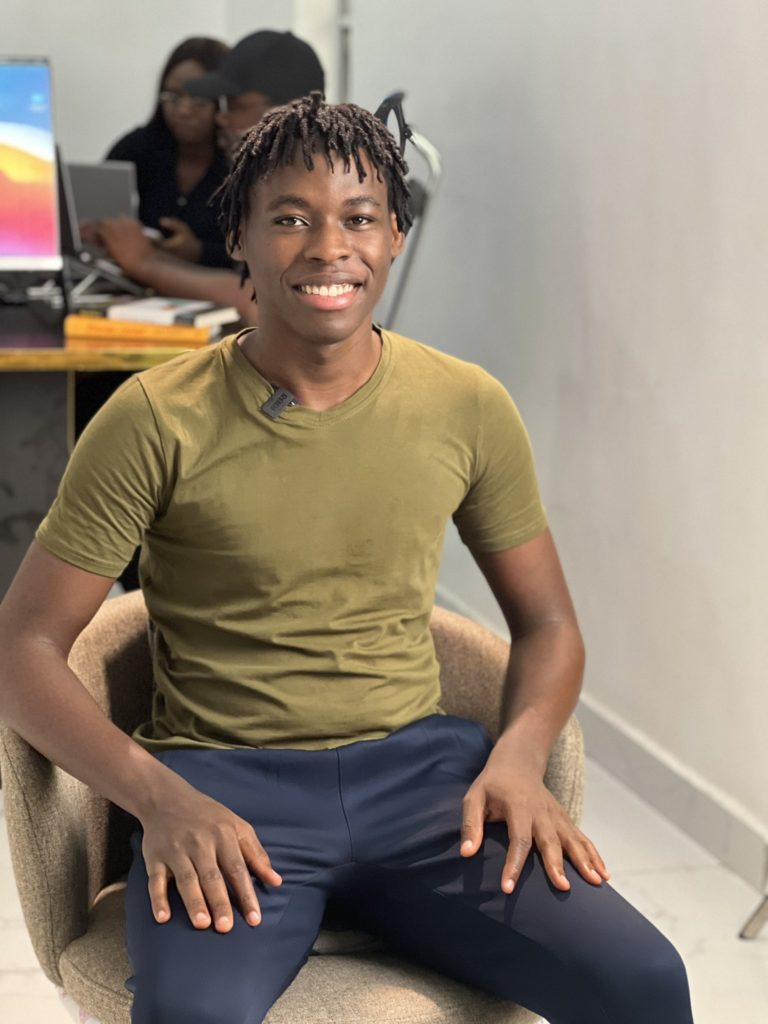
“The pay was 70,000.” Nobody could talk to me after I got it. I was the tallest kid I knew. My parents couldn’t believe you could get a job during the pandemic when businesses were laying off employees. Though the salary isn’t a sufficient reason to avoid studying medicine, they finally saw what I had seen since 2015.”
Introduction to the blockchain
Njoku had already begun researching blockchain prior to the pandemic. He’d taken blockchain courses on Udemy and had advanced to the finals of a hackathon project that would be held in Lagos in 2019—his first visit to the city.
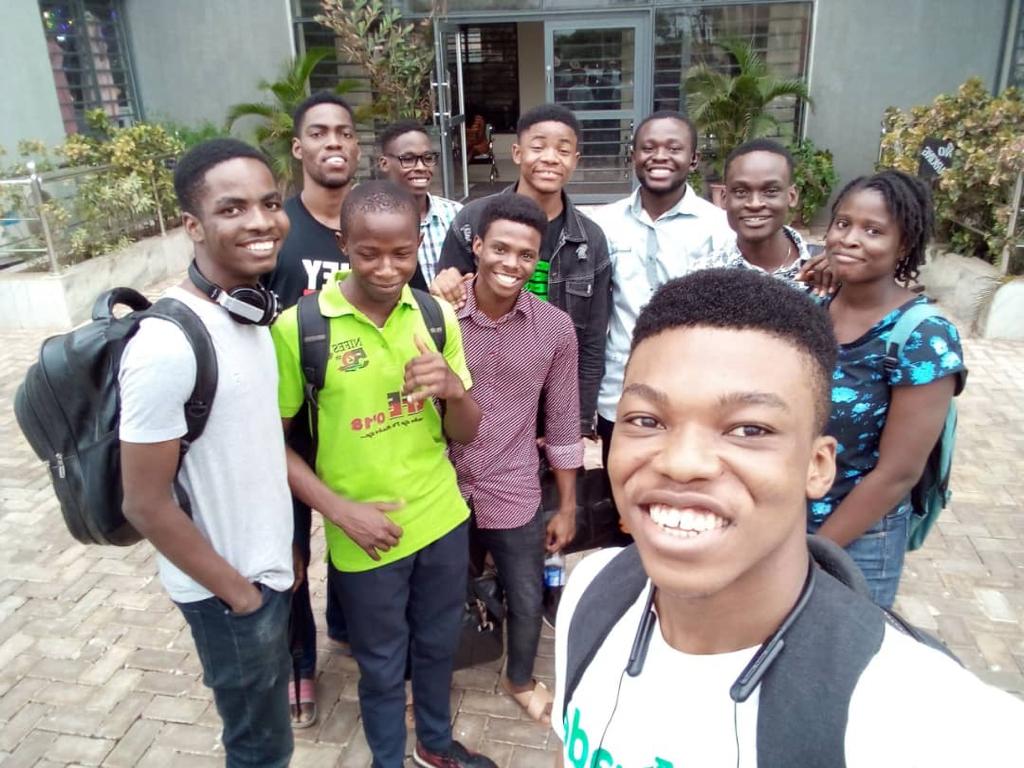
A month after starting at Kwivar, he received another job offer as a blockchain developer at Project Hydro, a blockchain company based in the British Virgin Islands. He’d be paid $700 per month in Hydro tokens. He knew he wasn’t going back to school at this point, and everything that happened to him confirmed his decision.
In September 2020, he decided to leave Kwivar and needed something to replace it. So he contacted Ugochukwu Aronu, the co-founder of Xend, the parent company of Quiva Games, where he’d interned for 5 months, to see if there was a position available.
Aronu invited him to come to Enugu and join his new venture Xend Finance, a decentralized finance (DeFi) platform for credit unions, cooperatives, and individuals backed by Google and Binance, after hearing about what he’d done at Project Hydro (decentralized wallet, snowflake infrastructure for decentralized identity).
At the time, the pandemic was already subsiding, and students were returning to school. So Njoku informed his father that he was returning to school. Aronu made him an offer that included a N150,000 net salary, a MacBook, and free housing.
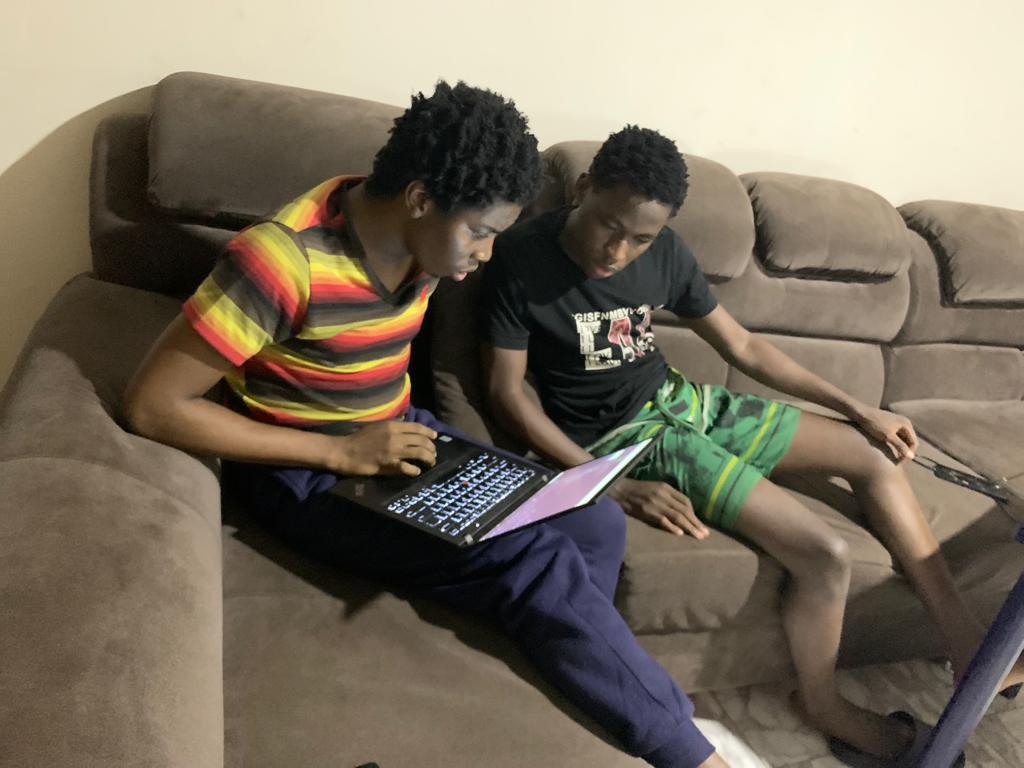
“I went to Port Harcourt to show my parents the offer and informed them that I would be dropping out of school.” They were obviously powerless to stop it. Going back to school just to graduate and earn half or as much as I was already earning wasn’t a good idea, according to Njoku.
It was at this point that his parents realized and accepted Njoku’s irrational decision to drop out. He had to fill in for the lead blockchain engineer at Xend Finance, which accelerated his blockchain knowledge. Despite the close call—since they were already scheduled to launch in December 2020—he led the construction, but not without a hiccup.
“It was difficult because I had to take over an entire project in the middle of construction.” I fixed the bug, wrote smart contracts, and deployed them. And I cost the company $10,000 due to a deployment blunder.” As a result, Aronu informed him that the money he had lost would be deducted from his salary. His salary had risen to $300,000 at that point. He panicked and began applying for international jobs, which would at least pay him enough to service the debt.
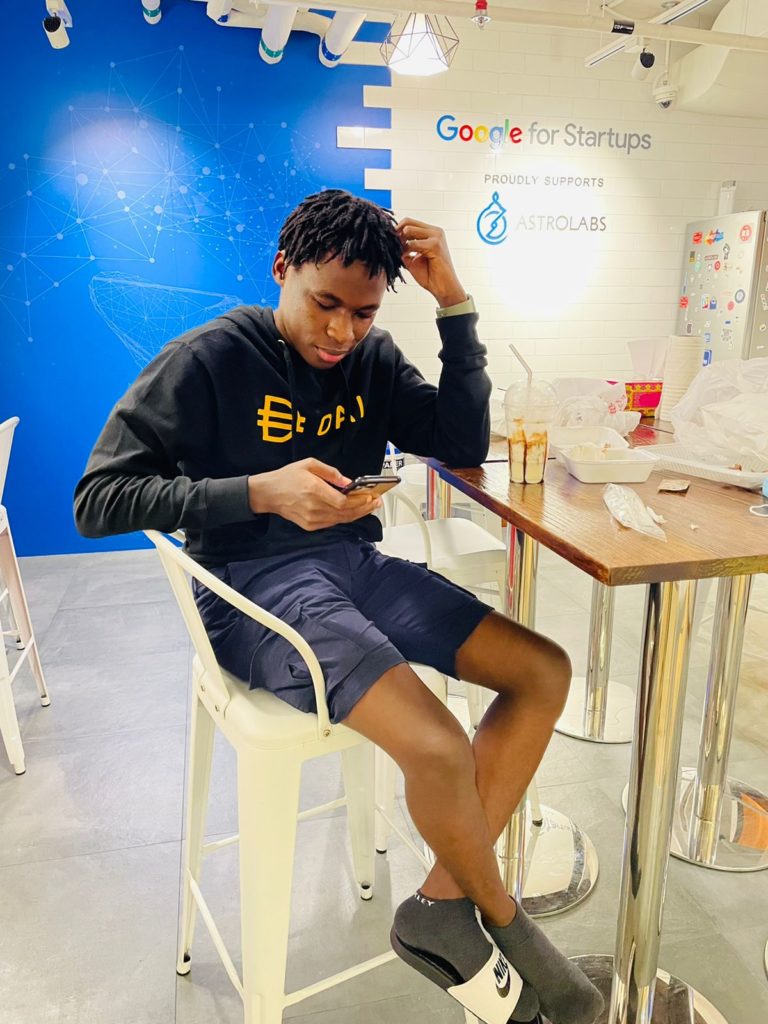
He would later discover that Aronu was joking, but by then he had received an offer from MakerDAO, one of the world’s largest DeFi companies. He was the team’s first Nigerian engineer.
He went home, as usual, to show his parents his new job offer, and his mother couldn’t believe her dropout son could earn more than $3,000 per month. But that was just the start.
The offers didn’t stop pouring in after MakerDAO. He received a contract offer for $90 per hour from Instadapp, a DeFi protocol company. “I was like, these people don’t know who I am: I’m going to work 20 hours a day!”
He left Xend Finance and was eager to make his mark on the global blockchain ecosystem. He moved to Dubai.
Dubai was his passport to the rest of the world.
Njoku was supposed to attend an offsite meetup in Portugal hosted by MakerDAO, but his visa was not approved in time. He was dissatisfied, so his aunt, the robotic engineer, advised him to apply for a visa to travel to Europe from Ghana or anywhere else outside Nigeria. “She also suggested Dubai, which I accepted. After a month in Dubai, I informed her that I would not be returning home.”
More job opportunities have arrived in Dubai. He felt like he was on top of the world; he could now turn down offers and travel the world. There was enough money in the bank for an 18-year-old boy, so he told his father to leave his brother’s medical school tuition to him.
“Because my brother lives in Bulgaria, imagine earning naira and paying tuition in euros.” So it’s only natural that I relieved my father of that burden.”
Avarta, a blockchain security company based in Singapore, offered him a contract worth $3,000 per week. He joined them and oversaw the development of their entire blockchain infrastructure.
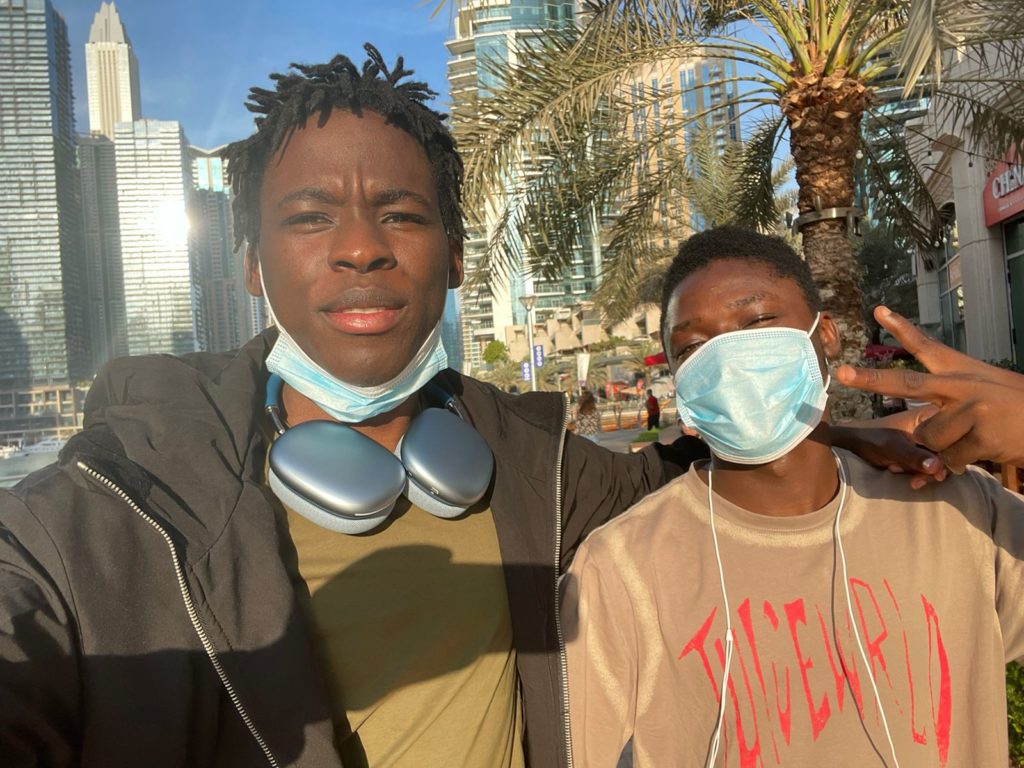
Then he met Yele Bademosi, the founder and CEO of Nestcoin, who would later become an early investor in Lazerpay. Bademosi then became Njoku’s mentor, and when he decided to launch Nestcoin, Njoku was one of the first engineers he contacted. Around this time, the concept for Lazerpay began to take shape.
Njoku abandoned everything to concentrate on Lazerpay. Avarta approached him with a full-time offer of $7,000 per month and $50,000 in Avarta tokens, but he declined. They countered with a new offer of $15,000 per month, but Njoku was already on his way with his new vision. Previously, the goal was to become a great engineer, but now the goal is to become a great founder.
So Njoku gave up everything. He left MakerDAO in December 2021, along with his Maker token, which was worth more than $200,000 and would have vested this February. He turned down a salary package worth more than $300,000 from Avarta. All because he believes Lazerpay is the payment system of the future and will be worth far more than everything he’s given up.
Njoku gave up everything to focus on Lazerpay. Avarta approached him with a full-time offer of $7,000 per month plus $50,000 in Avarta tokens, which he turned down. They countered with a new offer of $15,000 per month, but Njoku had already begun to implement his new vision. The goal used to be to become a great engineer, but now it’s to become a great founder.
As a result, Njoku gave up everything. He left MakerDAO in December 2021, taking with him his Maker token, which was worth over $200,000 and would have vested this February. Avarta offered him a salary package worth more than $300,000, but he declined.
Njoku gave up everything to focus solely on Lazerpay. Avarta approached him with a full-time offer of $7,000 per month and $50,000 in Avarta tokens, but he declined. They countered with a new offer of $15,000 per month, but Njoku was already on his way with his new vision. Previously, the goal was to become a great engineer, but now the goal is to become a great founder.
So Njoku gave up everything. He left MakerDAO in December 2021, along with his Maker token, which was worth more than $200,000 and would have vested this February. He turned down a salary package worth more than $300,000 from Avarta.




